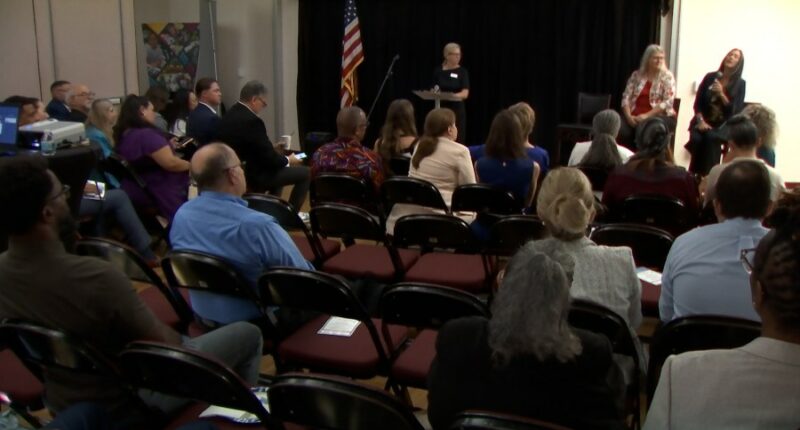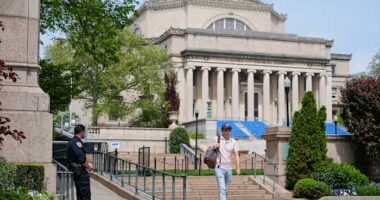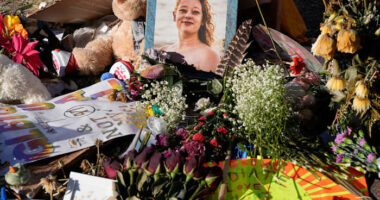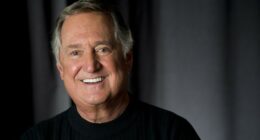Share this @internewscast.com

TAMPA, Fla. (WFLA) – The Tampa Bay Area is home to a significant veteran community, which sometimes brings with it substantial challenges.
On Thursday morning, a workshop was organized with a focus on assisting veterans as they transition back to civilian life.
The event took place at the Victor Crist Community Center, where numerous veterans and local leaders gathered to address the challenges faced by veterans.
“For those who have been deployed, whether it’s for a few months like me or several years, reintegrating can be difficult. It’s like entering a completely different world and a new way of living,” shared Davida Franklin.
Having served in the Army Reserves for eight years, Davida Franklin noted that the most significant challenge after leaving the service is rediscovering a sense of peace and feeling whole again.
“I believe that addressing mental health, along with emotional and spiritual well-being, is crucial. Once that is taken care of, housing and employment can follow, but it’s essential to focus on the individual first,” she emphasized.
According to the National Veterans Homeless Support, veterans who have been deployed have a higher chance of having mental health issues over civilians. They also state that 1 in 5 veterans from the Iraq and Afghanistan Wars suffer from major depression or PTSD.
During the multiple panels held at the University Area CDC’s Quarterly Partners Coalition, Franklin’s takeaway was that there are several resources available, one of them being the University Area CDC.
“Specifically health and wellness resources specific to mental health and kind of the holistic aspects of coping with stress and integrating back into the community,” said Erica Moody, Chief Community Development Officer.
Ty Neil is another veteran who participated in Thursday’s event.
“I got out in October, so I’m about one year into that transition and it’s been, it’s very tough,” he said.
Neil served in the U.S. Army for a decade and believes life outside the military is very different.
“They equipped you every step of the way through schools, through leadership course, through mentors, like a Platoon Sergeant or a Platoon Leader, Commander, First Sergeant. So, when you do transition, you are starting from zero,” Neil said.
He said you cannot always roll the skills learned in the military into civilian life. He said after getting out, you often need to start all over again.
“When you’re out there on your own, everything is on your shoulders now. Insurance that you now have to account for, for myself is about 900 dollars a month, housing, which is a new struggle,” Neil said.
“Rehab to Restore Hope for Veterans Housing Program, which is our acquisition rehab rental program in partnership with HUD-VASH to get residents in these beautiful duplexes,” Moody said.
The Florida Department of Veteran Affairs said homelessness amongst veterans has been cut by around 70% since 2010, but there are still thousands experiencing homelessness in the state.
Helping veterans get stable housing and work opportunities is a huge focus for the University Area CDC.
“We have so many different programs and resources from case management, health and wellness, workforce. So, not only can we help them through a housing avenue, but then plug them into our wrap around services,” Moody said.
Neil said it is hard for veterans to always find jobs, so he dedicates his civilian career to helping veterans find work, through Team American Freedom.
“We help them with the skills and services that they will need to grow,” he said.
Here is a list of resources available to veterans in the Tampa Bay Area:
- University Area CDC
- Team American Freedom
- NVHS
- Wounded Warrior Project










